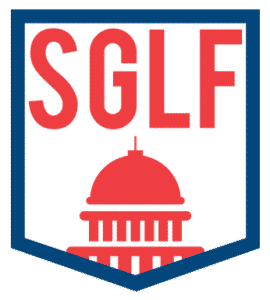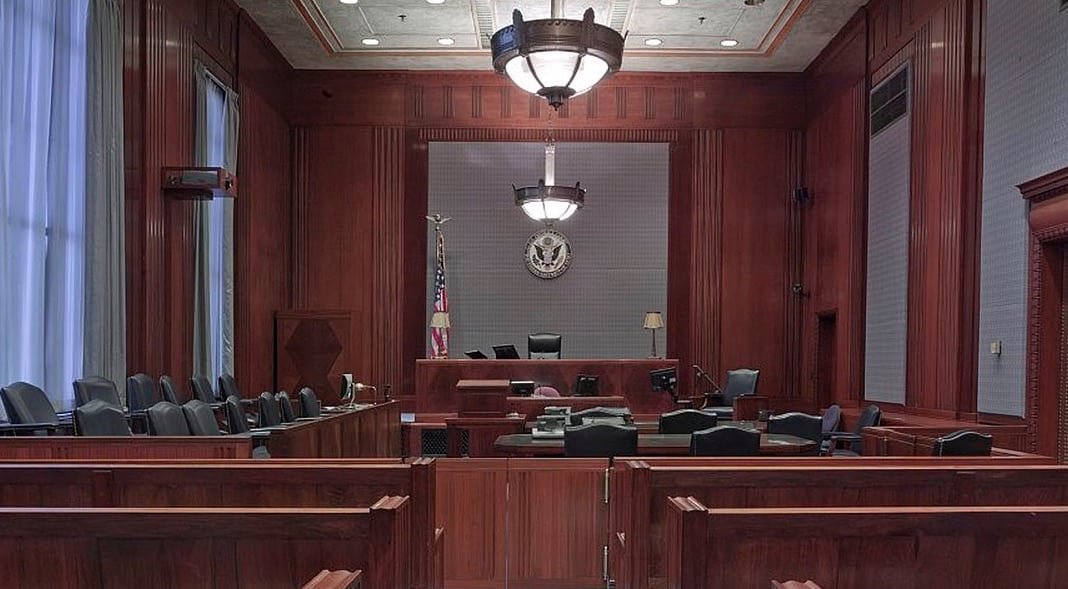A Cautionary Tale of High-Priced Plagiarism

Imagine paying $115,000 for a report and not being able to do anything with it due to plagiarism and/or attribution issues. Likewise, imagine being a well-known expert and professor, one that’s routinely cited in the media, and now having one of your best-known stories being a lawsuit over said issues.
That’s exactly the situation that’s befallen a right-leaning advocacy group, the State Government Leadership Foundation, and Stuart N. Brotman, a current professor at the University of Tennessee.
The story involves a massive mess that, after nearly two years in court, finally reached a settlement. Along the way, the case damaged the career of an otherwise-respected expert, the work of an organization and may have hindered the efforts that the State Government Leadership Foundation was undertaking.
The worst part of it is that it all could have easily been avoided. The case winds up being a frustrating lesson not only in the need to avoid plagiarism, but in the need for organizations to think about and prepare for plagiarism, even when dealing with very expensive reports.
The Tale of Stuart Brotman
Note: Much of the reporting from this section is from The Knoxville News Sentinel. Read their original and most recent articles on the subject.

Today, Stuart Brotman is the University of Tennessee Howard Distinguished Endowed Professor of Media Management and Law. However, in 2015, he was working for his own firm, Brotman Communications.
It was in 2015 that he was first contacted by the State Government Leadership Foundation (SGLF). The SGLF is, by its own description, a conservative non-profit that focuses on helping states implement conservative policies.
Around that time the SGLF took interest in a plan by the FCC attempted to block states from passing laws that barred the creation and expansion of municipal broadband services. Tennessee had passed such a law even as Chattanooga was trying to expand their services to the surrounding area in order to serve what it saw as a “digital desert”.
Internet providers opposed the FCC on this issue and the SGLF sought the help of Brotman to craft a report on the laws surrounding the issue.
He submitted that report to the SGLF later that year and was paid $115,000 for it. The SGLF then sent it to Dr. George Ford, a researcher that was assigned to examine the economic aspects of the issue. However, when Ford submitted the report to Lawrence Spiwak, another expert on the relevant laws, Spiwak recognized his own words.
Ford then conducted an investigation and showed that he had used passages from a variety of sources without quotations or proper attribution. They forwarded their findings to the SGLF, who ended up not publishing the report.
Instead, they asked him to revise the report, which Brotman said he did, but the SGLF found the finished report was still too-poorly attributed to be used. Brotman couldn’t explain how so much content remained, but said that it could be because, in March 2018, some of his files were “corrupted” in a hack from Iran that targeted thousands of processors.
The SGLF demanded its money back but Brotman proactively sued them, accusing the foundation of sharing his “confidential” report. That element was quickly dismissed but the SGLF countersued in hopes of getting their money back.
The case made it to trial but, before the second day of testimony could begin, the two sides reached a confidential settlement. Though the details are unknown, it brings an end to the case.
In the end though, there seems to be no real long-term consequences regarding this case. The University of Tennessee has said it won’t take any action against Brotman, calling the case a “business dispute” rather than an academic one, and an Appeals Court struck down the FCC ruling, making the report and campaign largely moot.
What does remain is an embarrassing story for all involved, a lawsuit that I’m sure all participants would rather forget and an ordeal that could have been easily avoided.
Lessons Learned, Lessons Gained
According to Brotman in the lawsuit, he said he was not asked to produce an original report but was instead asked to provide a “review” of prior research. However, that argument is, to put it mildly, glib.
As both a journalism professor and an expert in the field of law, Brotman likely knew that the SGLF wanted a report that they could use public discourse and that even a review requires proper citations. Simply put, he plagiarized and that appears to be pretty clear from his own testimony at the trial, even if he avoided using the word “plagiarism” on the stand and still denies doing it.
However, the case is also a lesson for buyers of content, especially those that want to make it available for public consumption: You need to have a plagiarism policy in place today.
That policy should apply at every level from the contracts you have your authors sign, to how you examine works that you receive and how you respond when plagiarism is detected.
No one likes to believe an expert or author they hire would ever plagiarize, but you have to prepare for that possibility and, perhaps, that inevitability.
Having strong anti-plagiarism clauses in your contracts and a process for checking works upon receipt (and before payment) could have headed this off. To be clear, the SGLF is not to blame for being given a plagiarized report, but a better plagiarism plan likely could have averted the embarrassment and the litigation.
When it comes to plagiarism, this case is a reminder that you can’t afford to trust blindly. Despite spending $115,000 for the report, the SGLF didn’t spend a few hundred dollars for an automated analysis or a few thousand for a human one (Disclosure: I perform plagiarism analyses as part of my consulting services.).
The reason is probably because they didn’t think to. They had no reason to mistrust Brotman or to think there would be any issue with the work. As this case shows, that can be a costly mistake.
Bottom Line
In the end, there isn’t much real harm done in this case. The SGLF emerged victorious in the FCC dispute, Brotman’s current career isn’t really harmed and, other than a black mark in the news and the legal expenses that come with a two-year case, it seems as if everyone will move on.
That said, it would have been better for all to go without the trial, the news coverage and the general headache.
However, it all could have been easily avoided. The simplest approach, obviously, would have been for Brotman to include quotes and citations in his original work but the SGLF could have avoided it as well with a more proactive policy on plagiarism.
In the end, it’s a lesson for everyone that acquires and publishes content. On matters of plagiarism, you need to be proactive. As this case shows, the alternative is much worse.
Want to Reuse or Republish this Content?
If you want to feature this article in your site, classroom or elsewhere, just let us know! We usually grant permission within 24 hours.
